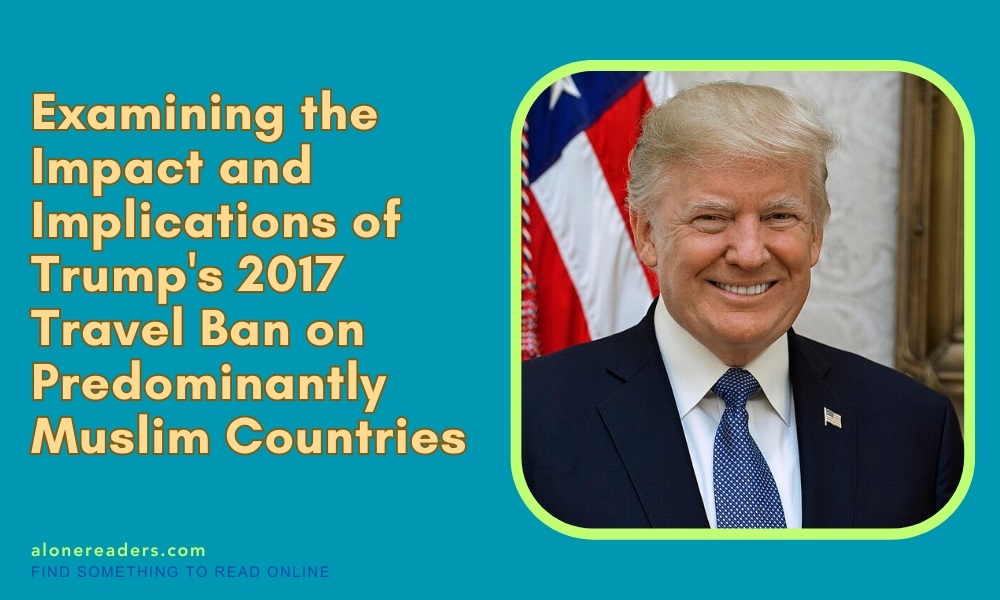
In January 2017, President Donald Trump signed Executive Order 13769, commonly referred to as the "travel ban." This controversial order restricted travel to the United States from several predominantly Muslim countries, citing national security concerns. The initial countries affected were Iran, Iraq, Libya, Somalia, Sudan, Syria, and Yemen. This move sparked widespread protests and legal challenges, leading to a significant public and judicial backlash.
The Trump administration justified the travel ban on the grounds of protecting the United States from potential terrorist attacks. According to the administration, the countries included in the ban were either state sponsors of terrorism, or they were deemed to have inadequate systems for vetting and managing their own nationals. The rationale was to prevent individuals from these countries from entering the U.S. until a more rigorous vetting process could be established.
The travel ban faced immediate legal challenges, leading to a series of federal courts blocking its implementation. Critics argued that the ban was unconstitutional because it targeted individuals based on their religion, thus violating the First Amendment. The case quickly escalated to the U.S. Supreme Court, which initially allowed a limited version of the ban to go into effect in June 2017.
The travel ban had profound implications for thousands of individuals from the affected countries. Families were separated, students were unable to attend American universities, and refugees fleeing conflict were left in precarious situations. The ban also had broader social implications, contributing to an atmosphere of xenophobia and discrimination against Muslim communities in the United States.
Beyond the immediate human impact, the travel ban also affected global relations and the U.S. economy. It strained diplomatic relations with the affected countries and others, impacting international cooperation on issues ranging from security to economic development. Additionally, industries that rely heavily on immigrant labor, such as technology and higher education, expressed concerns about the long-term effects on innovation and competitiveness.
After several revisions and court battles, a third version of the ban was upheld by the Supreme Court in June 2018. This version included some non-Muslim-majority countries and removed others like Iraq from the original list, somewhat narrowing its scope. However, the debate over its legality and morality continued, shaping discussions on immigration policy in the United States.
The travel ban ignited significant social and political reactions both domestically and internationally. In the U.S., it became a symbol of the Trump administration's hardline approach to immigration and its broader nationalist and protectionist policies. Internationally, it damaged America's reputation as a welcoming country and affected its ability to advocate for human rights and democratic values abroad.
Conclusion: Reflecting on the Legacy of the Travel Ban
The legacy of Trump's 2017 travel ban continues to influence U.S. immigration policy and its international relations. As debates over national security and human rights persist, the travel ban serves as a case study in the challenges of balancing these complex issues in a globalized world. Its impact, both immediate and residual, will likely be studied for years to come as policymakers, legal experts, and civil society assess its broader implications for justice and equality in American society.